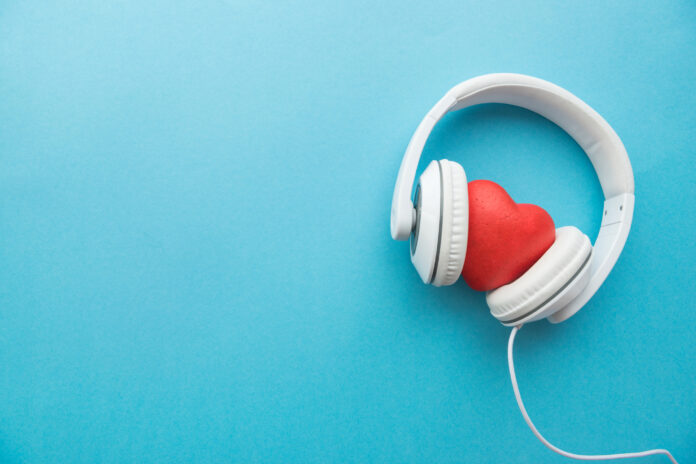Music can make you laugh or cry, rile you up or calm you down. Some say it’s good for the soul. It just might be good for the heart, too. Make no mistake — daily doses of Mozart won’t clean out your arteries or fix a faulty heart valve. But music can help ease your recovery from a cardiac procedure, get you back to normal after a heart attack or stroke, relieve stress, and maybe even lower your blood pressure a tad.
Music and healing once went hand in hand. In ancient Greece, music was used to ease stress, promote sleep, and soothe pain. Native Americans and Africans used singing and chanting as part of their healing rituals.
In Western medicine, the connection was gradually broken when the art of medicine gave way to the science of medicine.Since 1980, researchers have turned their attention to the effects of music on the cardiovascular system. Most have looked at single variables, such as changes in blood pressure, heart rate, or blood flow through arteries. A few have looked at more holistic effects. For example:
At Massachusetts General Hospital, a nurse-led team found that heart patients confined to bed who listened to music for 30 minutes had lower blood pressure, slower heart rates, and less distress than those who didn’t listen to music.
In a study from Hong Kong, older volunteers who listened to relaxing music for 25 minutes a day for four weeks lowered their systolic pressure (the top number in a blood pressure reading) by 12 points and their diastolic pressure (the bottom number) by 5 points, while a control group that didn’t listen to music had no change in blood pressure.
At the University of Maryland Medical Center in Baltimore, researchers measured blood flow through the forearm (a stand-in for blood vessel health) as healthy volunteers listened to music or relaxation tapes. Blood flow increased significantly while the volunteers listened to music that evoked joy or to relaxation tapes, and decreased while they listened to music that provoked anxiety.
One thrust of current research in music therapy is to see if specific sounds or tempos affect the heart regardless of the listener’s musical preferences. Finding a relaxing melody that slows the heart rate, reduces blood pressure, and improves blood flow for opera buffs and rock-and-roll fans alike would make it easier to offer music therapy.
Blood pressure is very sensitive and can change drastically from minor events or behaviors. Due to its sensitivity and the lack of monitoring that exists, many people have hypertension and are unaware of it. Genetics and pre-existing conditions are the root of many cases of hypertension. However, a majority of cases are the result of other behavioral factors. Diet and exercise are two of the most well-known behaviors that can change blood pressure. This article exemplifies how the sensitivity of blood pressure levels is a good thing when it comes to adopting behaviors and techniques to lower it.
Controllable factors that we can adopt or eliminate from our daily lives can have a major impact on our heart health. Even without evidence to back its effects, people use music everyday to calm themselves. If an everyday activity for most people can reduce blood pressure levels when researched, what other unsuspected activities may have an impact on it?




